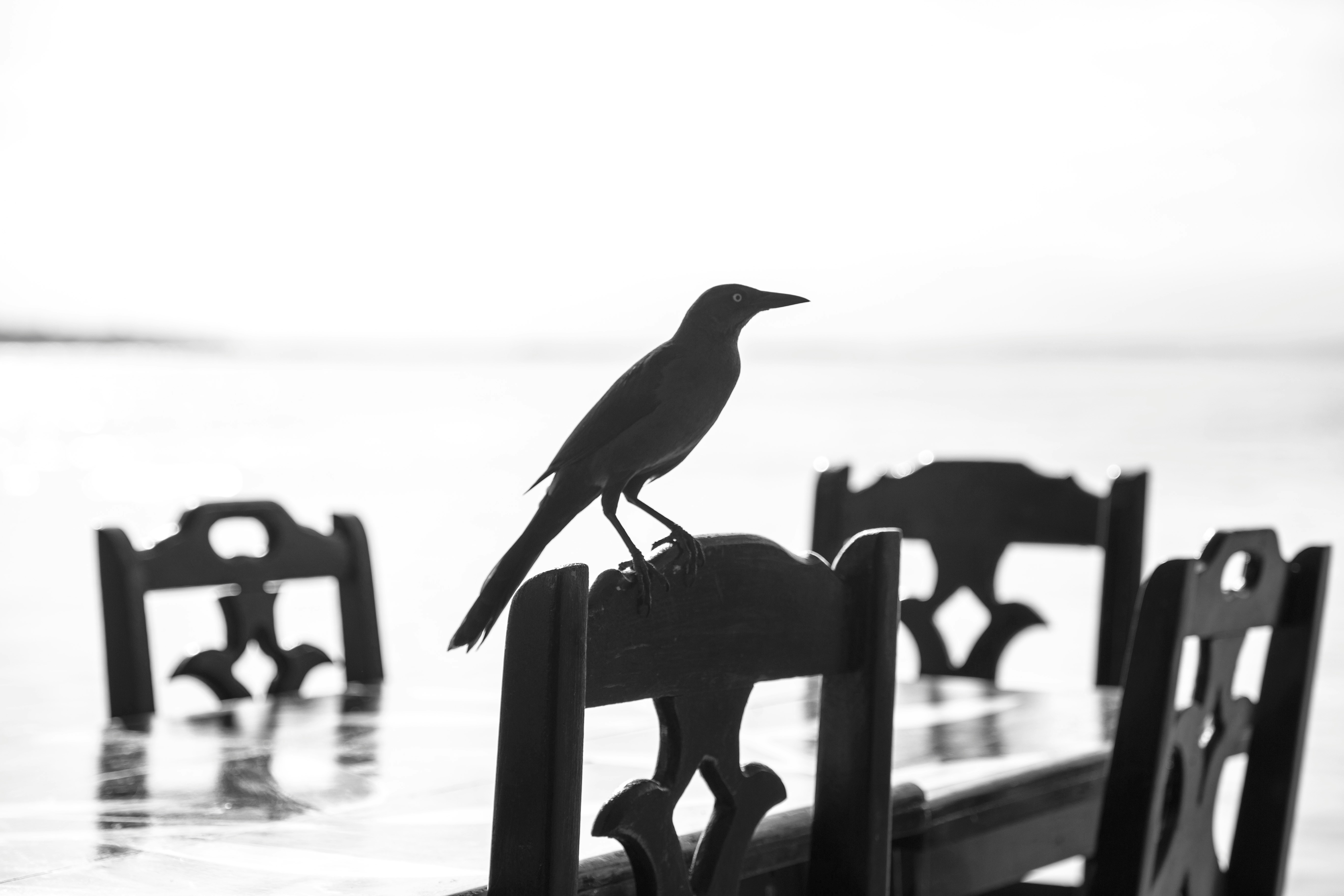
「你會同情一個需要靠輪椅行動的人嗎?」
有一些高齡者,因為退化、疾病等因素,會逐漸喪失自主活動的能力。
他們想活動、想變的更健康,也想擺脫每天陪伴他們的「酸、痛、麻」。
在教這些高齡者運動時,我時常會感受到他們對自己的不自信,以及家人對他們的過度保護。
包含我在幾年前帶身障者運動時,也很容易陷入類似的負面情境中,畢竟他們距離「健康」真的有很長一段距離。面對這樣的鴻溝,難免會產生一種無力感。
但,這樣的看法是應該轉變的!
也許現況並沒有那麼糟糕,只是我們選擇了一個不合理的目標當作對照點。
就好像你把一般人拿來跟運動員做比較,那還真的充滿了缺點,有一大堆需要加強的地方。
「你可以有目標,但需要合理」
這也是教練在帶領高齡族群運動時,最核心的重點之一。
我們有很多預判健康的標準,但不一定要讓學員達到標準才叫做及格。
舉個最近的例子:
我在帶中風過的阿姨運動時,她的家人和她自己總覺得自己一無是處。
但看過更極端狀況的我,仍在她身上發現許多優點,例如四肢健全、意識清晰。
雖然她暫時有很多動作做不出來,但透過引導,我們可以慢慢完成許多她自己做不到的動作,也間接改善了困擾她許久的一些疼痛、頭暈等等。
而正因為我看到了她的優點,在教學的過程中我們才能不斷的讓她意識到自己的好、自己的進步。
不斷的累積成功的感覺、讓她重新找回自信、快樂。
這些經驗告訴我們,要學會的是「挖掘優點,而不是同情。」
"Do you sympathize with a man who needs a wheelchair to get around?"
There are some elderly people who gradually lose the ability to move around on their own due to degeneration and illness.
They want to be active, to become healthier, and to get rid of the aches, pains and numbness that accompany them every day.
When I teach these elderly people to exercise, I often feel their lack of self-confidence and their family's over-protection of them.
When I took the physically challenged to exercise a few years ago, I could easily fall into a similar negative situation, because after all, they were a long way from being "healthy". Facing such a gap, a sense of powerlessness would inevitably arise.
However, this perception should be changed!
Maybe it's not that bad, but we've chosen an unreasonable target to focus on.
It's like comparing the average person to an athlete - it's really full of flaws, and there's a lot of room for improvement.
"You can have goals, but they need to be reasonable."
This is one of the core points that coaches emphasize when leading the senior community in sports.
We have a lot of criteria for determining fitness, but we don't necessarily need to have participants reach those criteria in order to pass the test.
Take a recent example:
When I took my aunt, who had a stroke, to exercise, her family and she always thought she was useless.
But having seen more extreme conditions, I still found many strengths in her, such as being able-bodied and conscious.
Although she could not perform many of the movements at the moment, through guidance, we were able to accomplish many of the movements she could not do on her own, and indirectly improve some of the pain and dizziness that had been bothering her for a long time.
It is precisely because I saw her strengths that we were able to make her realize her own goodness and progress during the teaching process.
We have been able to build up the feeling of success and let her regain her confidence and happiness.
This experience tells us that we need to learn to "find the strengths, not to sympathize".
























